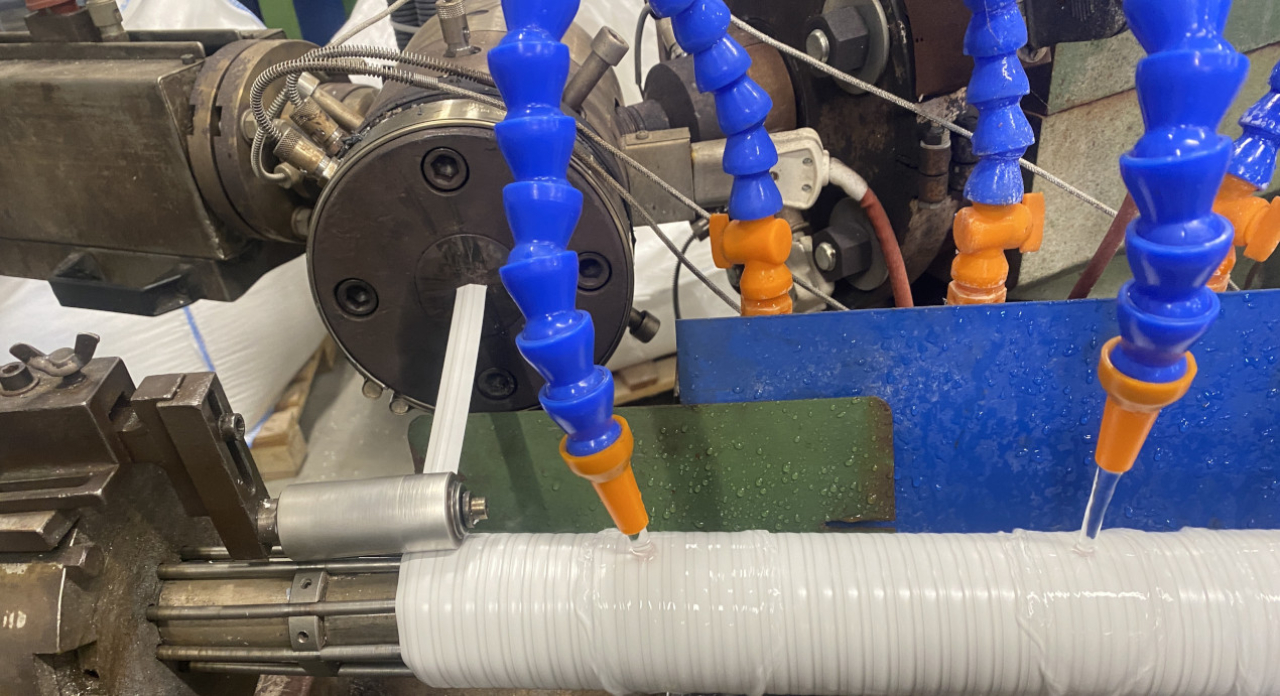Mia - A Beacon of Hope for Early Detection
The capabilities of Mia extend far beyond the conventional scope of mammogram analysis, offering a nuanced understanding of subtle signs of breast cancer. This advancement is pivotal, as early detection is paramount in the fight against breast cancer, significantly broadening treatment options and improving the prospects of survival. Mia's precision in identifying even the smallest anomalies represents a crucial step forward in ensuring more women receive timely and accurate diagnoses.
Navigating the Challenges of AI Integration in Healthcare
While the integration of AI like Mia into diagnostic processes presents a groundbreaking shift towards more efficient and effective patient care, it also introduces a set of challenges. These include ensuring the protection of patient data, overcoming regulatory hurdles, and the necessity for extensive datasets to train AI tools effectively. Despite these challenges, the potential benefits of such technologies in enhancing diagnostic accuracy and reducing the workload on radiologists are immense.
Looking Forward: The Future of AI in Medical Diagnostics
The integration of AI tools into everyday medical practice signifies a significant leap towards a future where technology and human expertise collaborate to offer superior patient care. Mia's success story in breast cancer screening is just the beginning. As AI technology continues to evolve, it holds the promise of revolutionizing not only the detection of breast cancer but also myriad other aspects of healthcare. The journey ahead involves continuous research, development, and ethical considerations to fully realize the potential of AI in improving diagnostic processes and patient outcomes on a global scale.
In conclusion, the emergence of AI tools like Mia in the healthcare sector is setting the stage for a transformative shift in medical diagnostics. By enhancing the precision and efficiency of breast cancer screening, Mia exemplifies the potential of AI to not only support healthcare professionals but also to significantly improve patient care. As we navigate this new era of medical technology, the continued development and ethical deployment of AI will be crucial in shaping a future where early detection and personalized treatment become the norm, offering hope and improved prognosis to patients worldwide.







